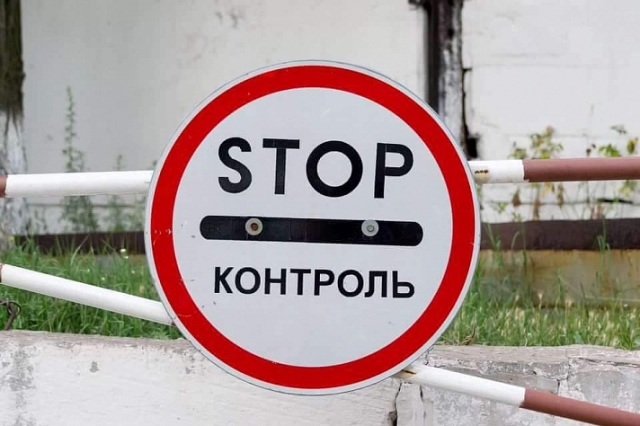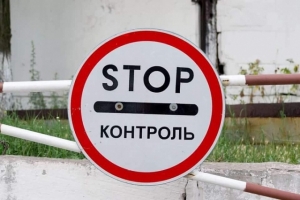Breakaway Abkhazia Bans Imports from Georgia Due to Asian Stink Bugs
Georgia’s Russian-backed, breakaway region of Abkhazia has declared it is imposing a ban on imports from Georgia due to the dangerous agriculture pest, the Asian Stink Bug (Brown Marmorated Bugs) which destroyed nearly the whole hazelnut harvest in Georgia and occupied Abkhazia last year.
The information was released by the Abkhazian news agency Apsnypress. According to the information, the “State Inspection of the Republic of Abkhazia on Plant Quarantine” has noted that “several times during phytosanitary control at the Enguri River checkpoint, the bugs were detected in the luggage of persons entering breakaway Abkhazia from Georgia.
“According to preliminary calculations, the economic damage from the pest may amount to more than one billion Russian Rubles,” de facto Sokhumi declared, adding that imports from Georgia have now been banned.
“The State Inspectorate for Plant Quarantine of the Republic of Abkhazia, from March 31, 2018, is introducing temporary restrictions on the importation of products to the Republic of Abkhazia in luggage and hand luggage of persons arriving there from Georgia,” Apsnypress quoted the de facto agency of Abkhazia.
Brown Marmorated Bugs, which multiply very rapidly and destroy nearly all fruit and vegetables, were first reported in Georgia and its breakaway Abkhazia in 2016.
De facto Abkhazian authorities claim that the pest spread to their territory from Georgia, while Russia’s Rosselkhoznadzor (Federal Service for Veterinary and Phytosanitary Surveillance) has alleged that the Asian Stink Bugs were artificially created in Georgia and spread to Abkhazia.
“We do not exclude the use of certain biological weapons from the Georgian side," the representative of Rosselkhoznadzor stated, adding, “there are several American bio-laboratories in Georgia and nobody knows what kind of activities they are carrying out.”
From April 2, Russia has prohibited the import of certain products due to the "critical phytosanitary situation" in occupied Abkhazia, Russia’s Federal Phytosanitary Supervision Service reports.
The Russian side made the decision in order to prevent the spread of the pest onto Russian territory from occupied Abkhazia.
By Thea Morrison
Photo source: Apsnypress.info











